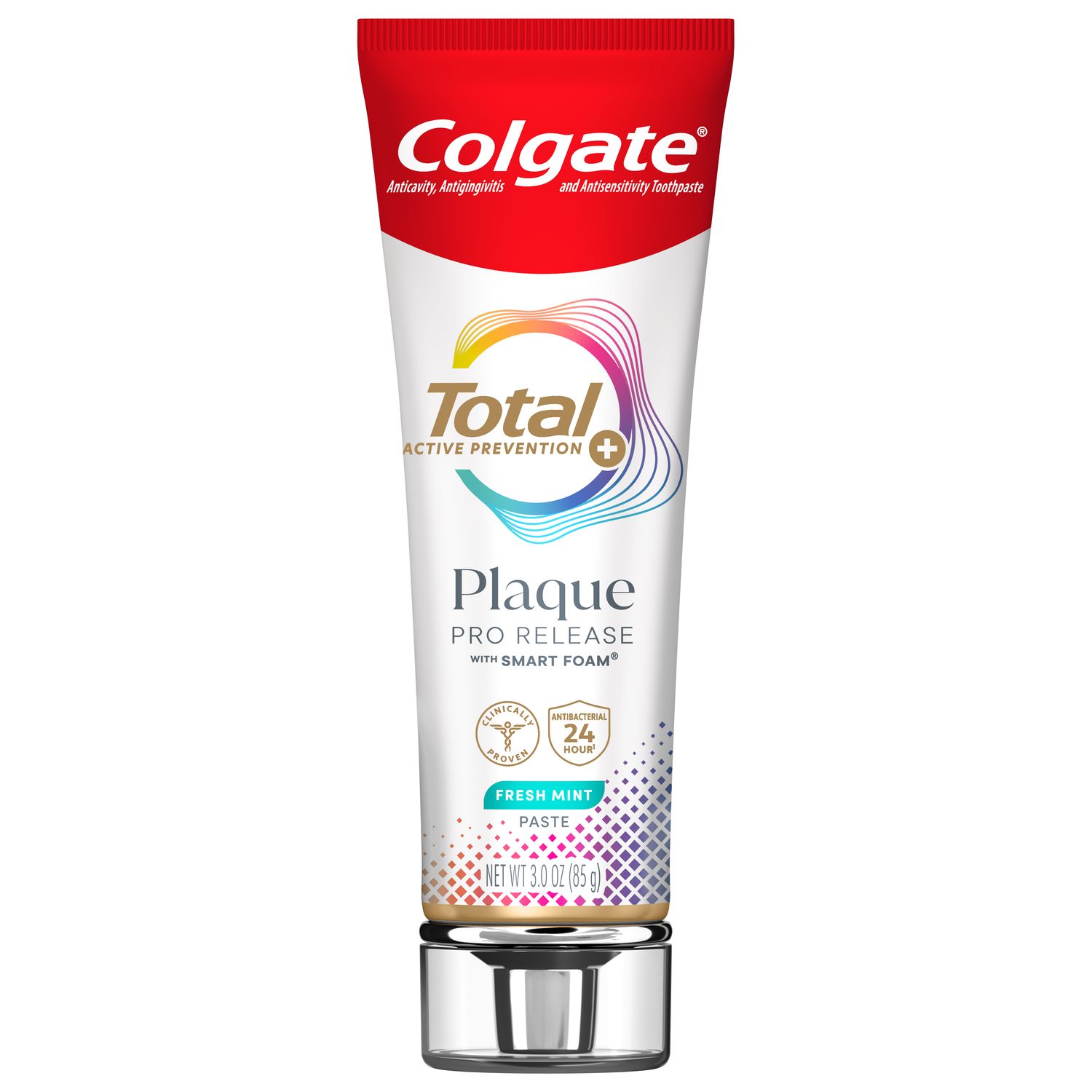
Successful patient relations are built when dental hygienists connect with patients on a personal level. Asking patients questions beyond their oral health can help build relationships. Dentistry IQ says, "Patients who feel a strong connection to your practice are more likely to accept treatment recommendations, refer family and friends, and remain active for years to come."
When it comes to patient relations, it is important to remember that patients are people just like you! While oral health is your priority (because it is your profession), it may not be a priority for patients. There may be times when circumstances hinder them from complying with recommended treatment. It is important to always respect patients' privacy and never pry for personal information.
What are appropriate ways you can ask to forge that all-important rapport?
Greet Patients
The initial contact you have with your patient can set the tone for the entire appointment. Greet your patient with a smile, say hello and maintain eye contact when you ask, "How are you today?" Be sincere with your question. Keep in mind you do not know what your patient is going through.
There will be times when you ask a patient how her day is going, and you won't need follow-up questions. For example, "Hello Mrs. Smith, how are you today?" and Mrs. Smith replies, "I am great! My daughter got engaged this weekend!" The conversation will flow naturally from there.
When a patient seems to be in a happy mood, you can make comments such as, "Your smile is contagious today! Is there something special going on?" However, if you ask a patient how she is and you get a response such as, "I've been better," don't abandon the conversation. Say, "I am so sorry to hear that," and ask, "What has been going on?" The patient's response may influence the care you provide at this appointment. You may find out the patient has lost her job and no longer has dental insurance. A full set of X-rays may have been the treatment planned for the day, but now needs to be postponed until the patient has a new job and dental insurance.
No matter what the response, always acknowledge the patient's answer by saying "I am so glad to hear that!" or, "I am sorry."
Ask Questions and Listen
When getting to know a patient, there are many questions to ask when reviewing his/her medical and dental history. In order to build a relationship with that patient, begin asking questions that go beyond the medical and dental forms, such as, "I see you were referred to our office by the Johnson family. They are long-time patients of ours. How do you know them?" or "In the past, how have your dental experiences been? Is there anything that could make your dental visits more comfortable?" These question can help break the ice so you will be able to provide great care while also establishing a relationship.
You can then begin to get to know patients beyond their oral health once clinical questions have been answered. There are hundreds of conversation starters that can blossom into a full-fledged conversation, so you don't have to rely on commenting on the weather.
As a starter, you can formulate your questions with the information you already have in front of you (e.g., the patient's age, address, marital status, other family members who are patients). If you have a television in your operatory you can gauge likes and dislikes by asking the patient what she would like to watch. The information you gather will be helpful for future appointments to help maintain the relationship you have built.
Make a Note
Writing down notes in the patient's chart will help to restart the conversation during the patient's next appointment. It also helps to make the patient feel valued that you can recall something you spoke about six months ago. When you see the note, you can start the conversation by asking, "Hi Mrs. Smith, how was your daughter's wedding?"
Takeaways
- Ask questions that go beyond a patient's oral health to build a personal relationship.
- Formulate questions based on the information you already know about the patient.
- Make notes in the chart so you can recall conversations at future appointments.
Why It's Important
When patients feel you take an interest in them personally, they may be more likely to respond to the information you share with them about their oral health.
Join us
Get resources, products and helpful information to give your patients a healthier future.
Join us
Get resources, products and helpful information to give your patients a healthier future.













